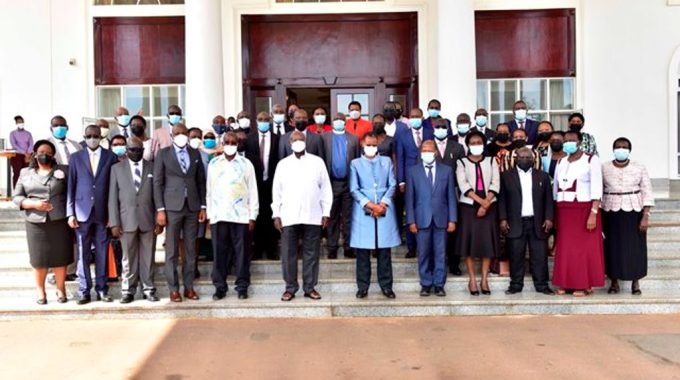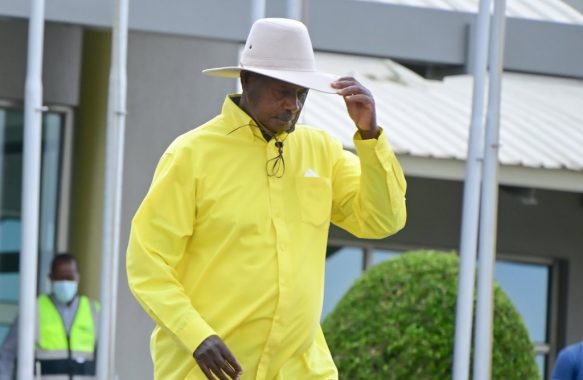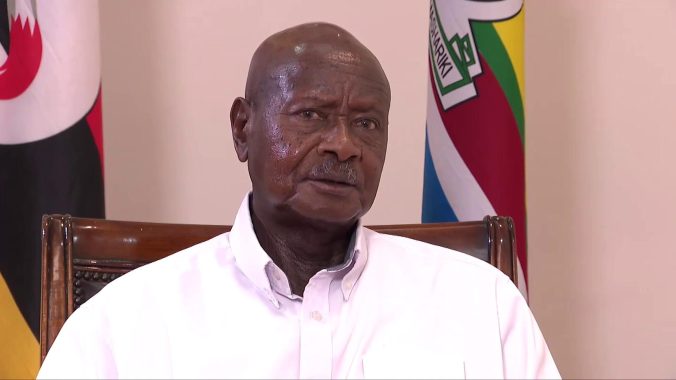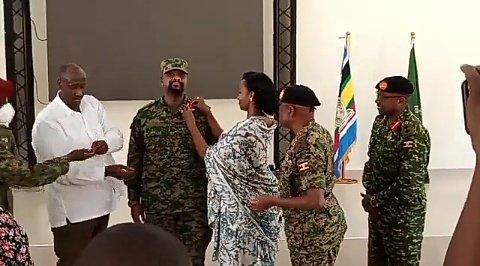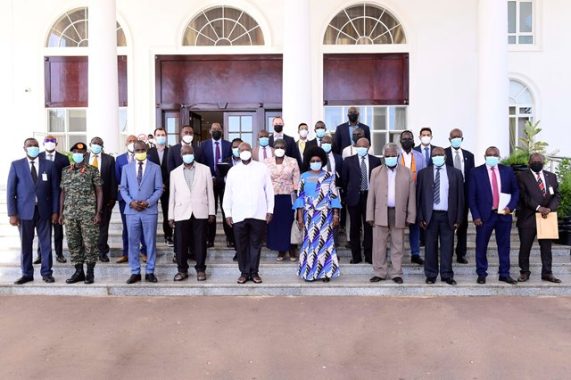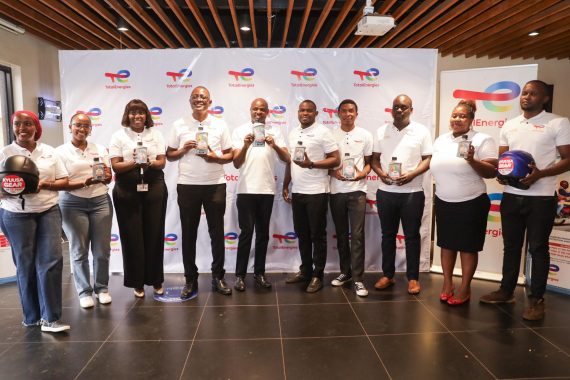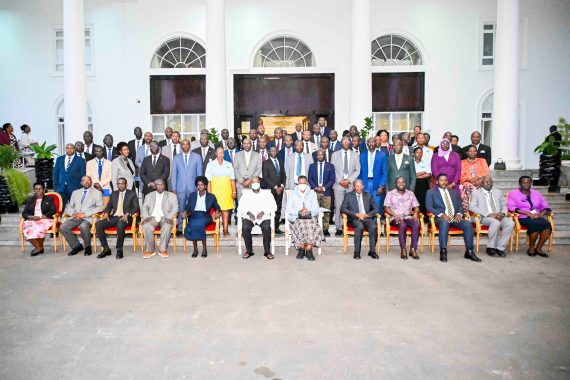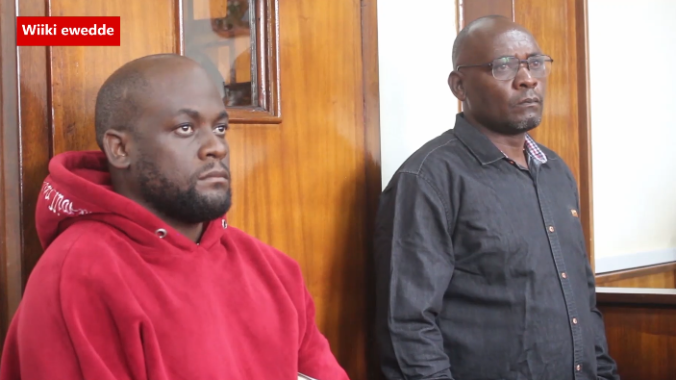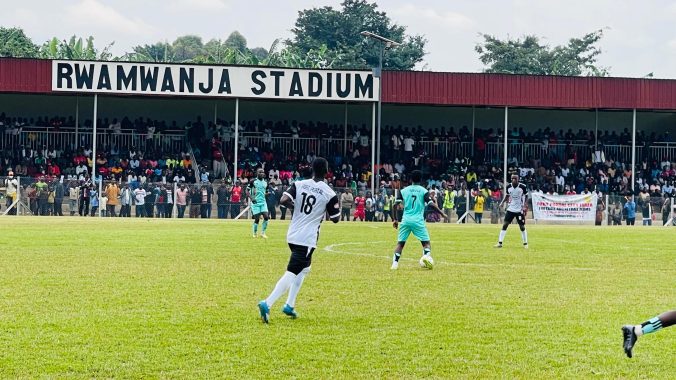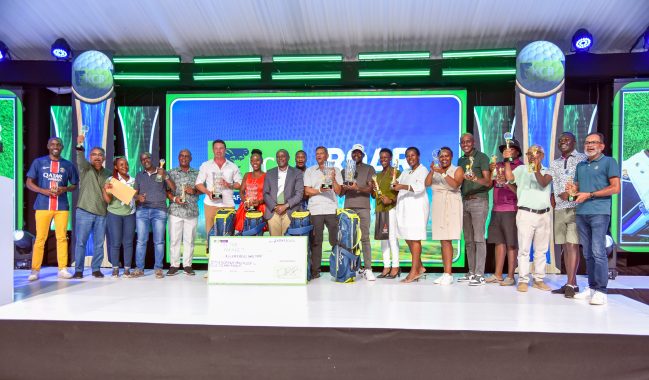Education dilemma
President Yoweri Museveni has met the members of the Education Policy Review Commission (EPRC) and suggested six areas to be explored for inclusion in the report that will inform the formulation of the new Government White Paper on Education and Sports services in the country.
The President said the Commission should consider how the Pre-Capitalist and Pre-Colonial system was and its consequences that led to the colonisation of Africa, the production of raw materials in the colonial and post-independence times and the need for change including manufacturing, expanding of the money economy as well as service sectors, dealing with new colonial social science, the attack of the African Identity and global exposure among others.
In a meeting that took place at State House Entebbe on Thursday, President Museveni further explained that Uganda’s education system must emphasise the issue of manufacturing and expanding services and it must expose how Africa and other parts of the world can go from raw materials to an integrated economy.
He said there should be good interpretation of the new colonial social science through History and Political Science, while Economics and Political Science should lay emphasis on regional integration to solve the issue of markets for products and to organise ourselves to be prosperous.
He said the education system must also be used to instil confidence in Africans and for global exposure to enable society metamorphosis.
President Museveni thanked the Education and Sports Minister, Janet Kataha Museveni, for setting up what he termed as the diagnostic group.
“I thank the Minister for setting up this diagnostic group because that’s what the commission is about. It is about the diagnosis of the education system in relation to the diagnosis of the problems of society”, he said.
He noted that when the problems of society are known, it is easy to come up with education solutions for that society to prosper and develop.
The President advised the 12-member commission, which had come to seek his guidance concerning the review process, to discover how African societies in the pre-colonial era, were organised and how they solved their challenges when faced with external forces.
The Education Policy Review Commission, which commenced work on 7th May, 2021, is investigating and inquiring into issues of policy, planning, funding, access, implementation, management, quality, institutional and staff capacity and legislation across all the education and sports sub sectors and will generate proposals on how challenges affecting the education sector can be addressed.
The First Lady and Minister of Education and Sports Mrs. Janet Museveni apologised to the Commission for the stressful environment under which they have been working because of the limited resources.
She requested the Ministry of Finance to make room for the EPRC in the restricted budget of Financial Year 2022/2023 to enable them start on the consultation meetings and conclude the project by the new set timelines.
Due to a number of challenges largely relating to the COVID-19 disruptions and limited resources, the tenure of the Commission, which was initially envisaged to complete the assignment by April 2022, was extended by another 12 months commencing June 2022.
Amanya Mushega, Chairperson EPRC, appreciated President Museveni for his wise counsel and guidance on the future of Uganda’s system of education, training and sports and said they will take his recommendations into account as they embark on seeking views of Ugandans nation-wide.
Amanya Mushega was grateful to Janet Museveni for her support that has ensured sustained operations of the Commission.
The EPRC Deputy Chairperson and also Executive Director for National Planning Authority, Dr. Joseph Muvawala, reported that the Commission has registered some achievements since inception in 2021.
These include analysing the historical context for education and sports related policies and legal reforms as well as frameworks from national, regional, continental and global perspectives, reviewing the implementation status of the 220 recommendations of the 1992 Government White Paper on Education as approved by Cabinet and analysing a total of 105 memoranda so far from the public.
The Commission is preparing to undertake public hearings in all regions of the country commencing with the Busoga region because of the problematic education indicators. It will also consult respective religious bodies and leaders. The Commission re-affirmed its commitment to the successful completion of the assignment.
The meeting was also attended by the Minister of State for Higher Education Dr. J.C Muyingo and senior technical officers from the Education and Sports Ministry led by the Permanent Secretary Ketty Lamaro.
https://www.youtube.com/watch?v=Bq3Ul_osSVw

Award winning journalist and writer who has worked as a stringer for a couple of acclaimed South Africa based German journalists, covered 3 Ugandan elections, 2008 Kenya election crisis, with interests in business and sports reporting.



